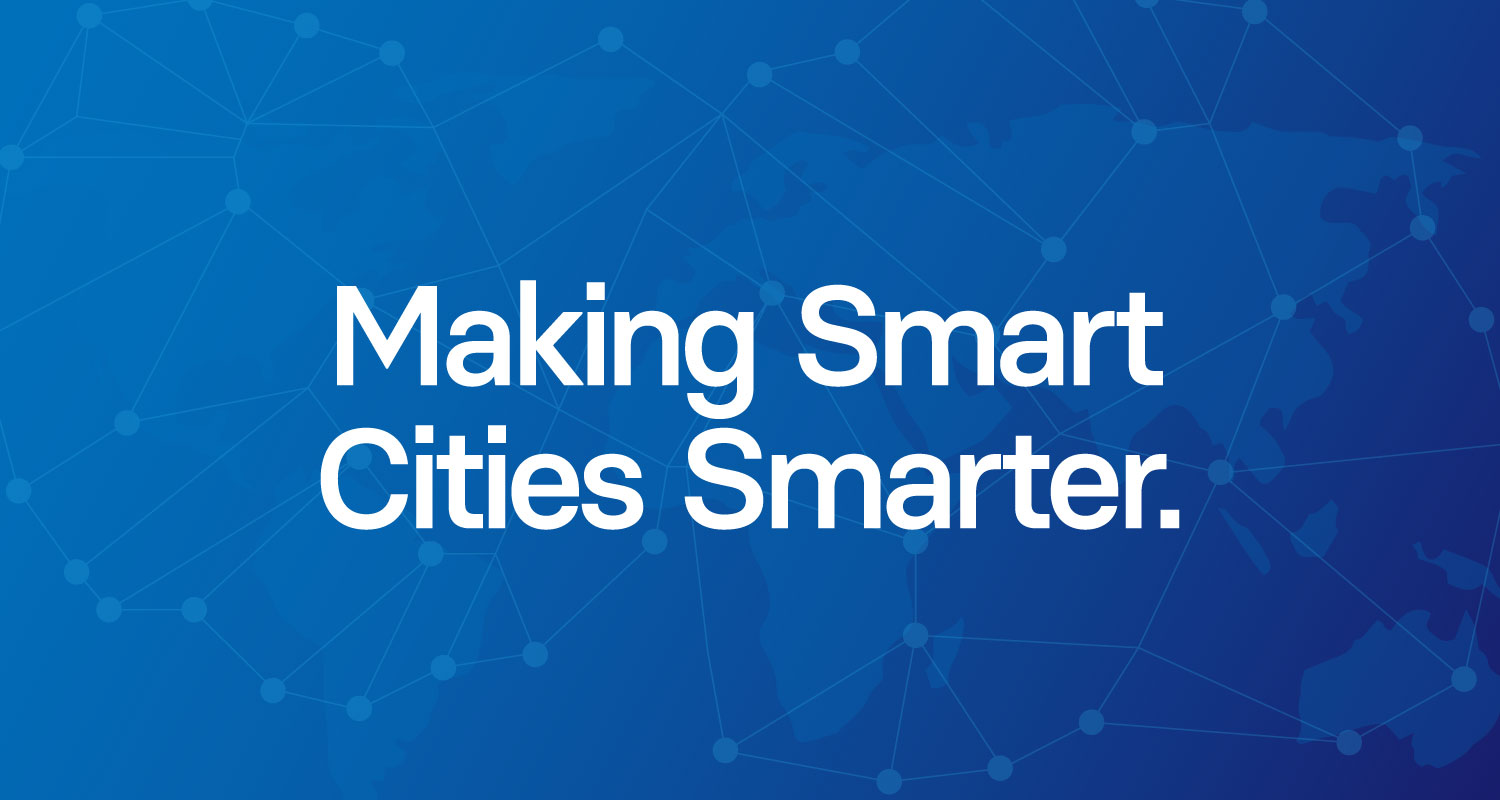Cities collecting data is nothing new. Vast records of population and resources exist on clay tablets, papyrus, medieval memoranda — and in bulging file cabinets in every city hall. For most of history, these data have been counted by people and entered painstakingly by hand.
What if automation could overhaul this process? That’s the concept behind more than 200 smart cities worldwide. In this model, data-gathering sensors are placed in traffic, water, sewer and energy systems and other infrastructure. Real-time data come in non-stop to be aggregated and analyzed. Finally, results are translated into actionable information for citizens and policy makers.
The VCU Center for Analytics and Smart Technologies (VCAST), based in VCU Engineering, conducts research to improve both the data and the devices that drive smart cities. It aims to bring academia, industry and the public sector together to use data analytics and smart technologies for better decision making and system management.
The center was initiated in late 2018 with funding from VCU, the College of Engineering and support from private industries. Its projects grow out of discussions with government and corporate partners, so VCAST research is focused on solutions to specific problems.
Sherif Abdelwahed, Ph.D., professor of electrical and computer engineering, is director of VCAST. Before coming to VCU in 2017, Abdelwahed led smart cities research efforts at Mississippi State University and has consulted with cities adopting this model.
The center currently has smart home and smart traffic simulations and partnerships with organizations including the Virginia Department of Transportation, Micron and Smart RVA, a Richmond-based technology services provider.
“With data from Information Communication Technologies [ICTs] placed on roads and intersections, for example, we can create real-time and predictive models for more parking,” Abdelwahed said. “We’re also looking at how ICTs in sewer systems can generate heatmaps to show where to concentrate resources to address opioid abuse.”
Abdelwahed foresees a steady expansion of projects and partners, given VCU Engineering’s research expertise in traffic engineering, health care electronics, cybersecurity and other areas aligned with Richmond’s priorities.
Housing a center like this in a research university brings additional advantages to the table, according to Erdem Topsakal, Ph.D., professor and chair of VCU’s Department of Electrical and Computer Engineering.
“There are companies that do data analytics, but they’re costly and often don’t have access to government data,” Topsakal said. “VCU is a state entity and research institution, with more access to data and a better ability to secure it.”
Unlike many academic research entities, however, at VCAST “time is more compressed and the innovations are more visible,” Topsakal said. “We’re designed for short-term, high-impact projects that create something useful quickly.”
Although the center’s initial projects are short-term, they will have long-term impact on the college’s program offerings and research agenda, said John D. Leonard II, Ph.D., professor of computer science and executive associate dean of VCU Engineering.
“VCAST is an agency on campus that brings people who are into the Internet of Things (IoT) together. Smart cities is really a testbed for IoT research and improvements, and a chance to train students to be creative in helping solve problems in the real world,” he said.
